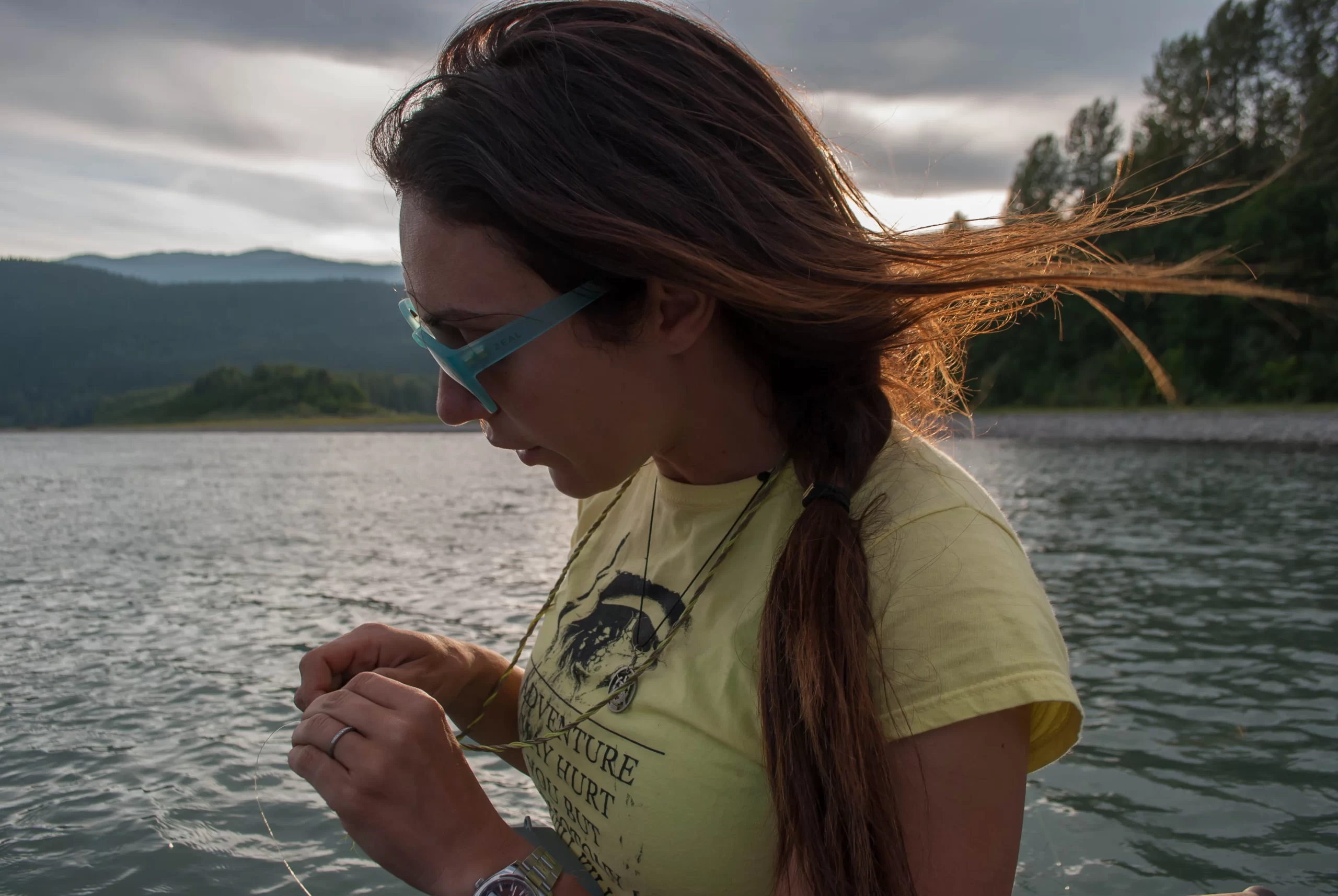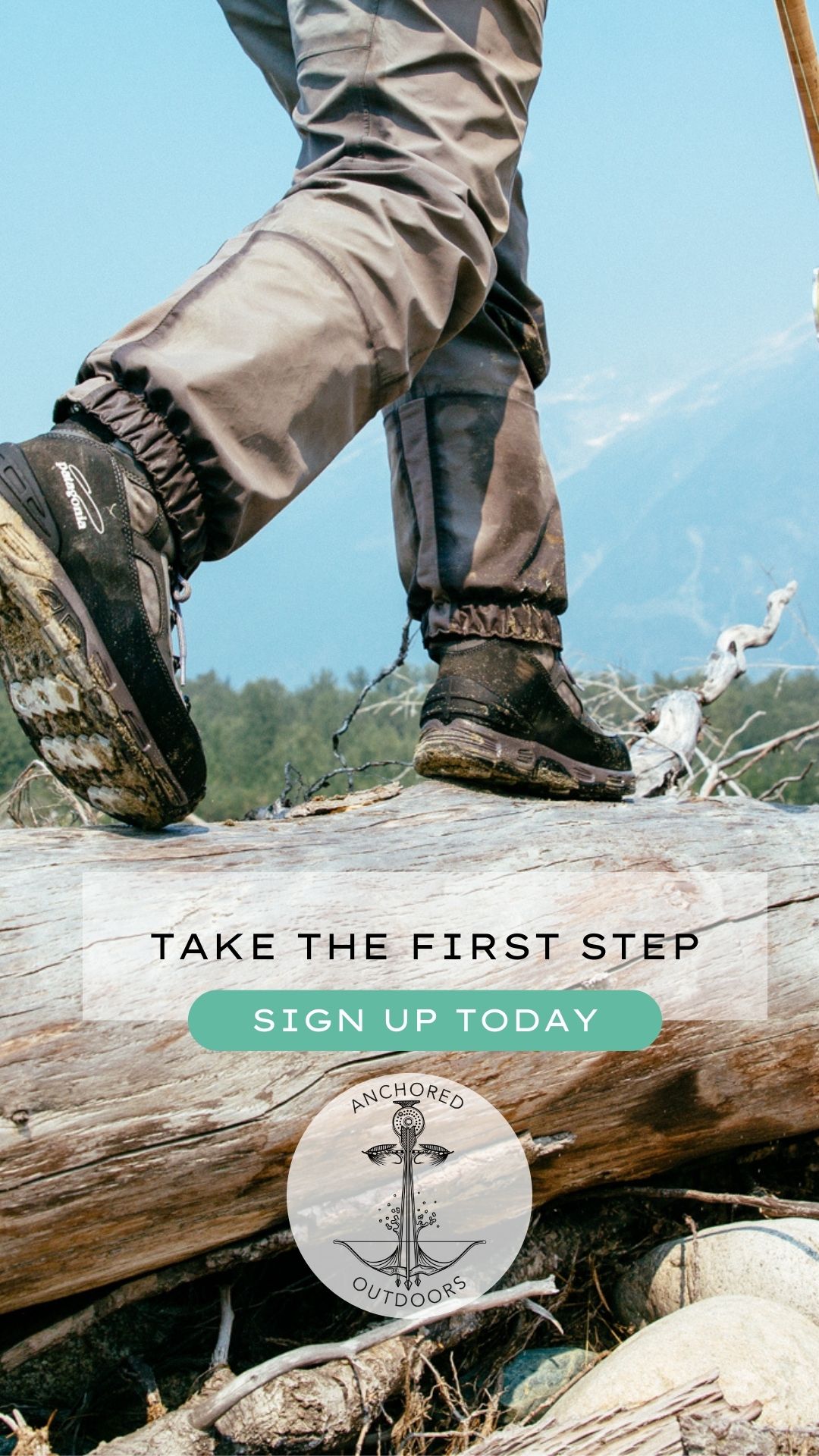I grew up in Surrey, a city where nothing surprised me. “Drugs, sex, and alcohol” were the cliche catch-words used by teachers who knew nothing of what happened in our world after midnight — words used to deter their students from strolling down the wrong path. What they didn’t know was that “drugs, sex, and alcohol” took place in the high-school handicap bathroom during lunch breaks, let alone off school property in the after-hours. In fact, for many of my friends, the over-used rock and roll phrase wasn’t something to stay away from, rather an improvement to their current lifestyle.
I was fortunate to have been brought up by loving parents who worked hard to ensure that my younger sister and I were comfortable in both home and living. Dad worked late nights in a rope factory, while mom ran an office nearby. They focused on raising us as strong, moral young women, at times even fearing that they’d encouraged us to be too hard-headed or ambitious. Looking back now, I’ll admit that I occasionally wonder the same thing.
To imply that I was difficult during my teenage years would be an understatement. Neither drugs, sex, nor alcohol were my vice, but disobedience, fighting, and nonconformity easily took their place. I had a big mouth, strong arms, a vast vocabulary, and a complete lack of respect for anyone who bullied the weak. Be it teachers or peers, I couldn’t help myself from fighting to make wrongs right. Suspension was an annual event, but my recurring lead-role in the school’s musical theatre managed to clear me of expulsion. I knew my cards and I played them well.
But years of harsh reality inevitably take their toll on soft hearts, and by the time I was a senior in high school I was searching for a getaway beyond the city lines. From my days as a young child, I’d always loved the outdoors and its endless opportunity to explore the unknown. So, armed with a beat-up car and years of accumulated fishing tackle, I skipped my afternoon classes to unwind by the river. Alone and liberated, I roamed the forest looking for adventure in its mossy shadows, and while I found much excitement in the white-water rapids and bear inhabited cliffside, it was the exploration of myself that truly lead me to the river.
By the time I graduated, my passion for fishing had drawn a dividing line between myself and the people I surrounded myself with. Late night parties and brawls saw me duck out early so that I could be somewhat rested for first-light fishing treks. Roommates who brought home random men laughed at me as I sat alone on the floor greasing up reels, and I laughed back knowing that as soon as they’d served their disgusting purpose that the same very men would be sitting around me, curious and eager to know more about my craft. The entire routine sickened me, and before long I was sourcing out alternate living arrangements in the countryside where the rivers were close and the drama was limited.
Ironically, it was when the river pushed at my knees that I felt the most grounded; when the road lead me to mossy overgrowth that I felt the safest; when I’d forgotten where I was that I felt the most found. In those days the mornings never came soon enough, and only the black of night stopped me from leaving the house any earlier. Even that may not have been enough of a deterrence, if it hadn’t been illegal to fish for salmon and steelhead before dawn.
My love affair with the sport wasn’t nearly as romantic as one might like to think it should be for a fly-fisher. Starting as a bait-fisher, I would rely on the use of treated eggs to tempt fish to bite. Bits of crusty roe nestled themselves into the curvatures of my thumbnails, and I would habitually grate my finger tips down the leg of my waders in an attempt to fade the cerise stain of pro-cure and borax from my hands. It wasn’t until several years, fishing buddies, and books that I came to own my first fly rod and box of handmade flies. But equipment does not make the angler and it wouldn’t have made a difference to me if I was fishing a dew worm, or a Victorian-era featherwing. I was there for the fish, not the methodology. The “fish”. Just the simplicity of the word seems to cheapen the significance of an animal many of us devote our lives to pursuing.
I still have not yet been able to decide if it’s the steelhead themselves, or the places steelhead live that draw me to some of the most remote corners of our planet. The steelhead enter the freshwater system with scales so bright they appear white when the fish is laid on her side. A subtle blush smears her cheek, so perfectly placed that one might think she was embarrassed she’d been caught. Her downturned eye, an indication that she is alive and well, dances in the sun’s reflection reminding her captor that without water they will quickly dry, dull and flatten. She is wild, she is free, she is adaptive, she is everything that is perfection in the natural world. I suppose that in many ways she reminded me of who I was — of who I am — beautiful in a strange sort of way, primitive to the very core, and born to fight for survival. As she pulled my line taut and leapt from the depths of the rushing white water, her head shook with anger, spitting my fly back to me on the shore. I reeled in the slack line smiling. Today she had beat me and, for one reason or another, I was happy she did.
I decided at eighteen years old that, to spend as many days as I could on the water, I would have to make fishing my profession. To do this, I would need to start guiding. So I began guiding for an outfitter, before eventually starting my own company, Fly Gal Ventures, at the age of 24.
At first, business as an independent operator was difficult. A bad car accident in the beginning months of my start-up put a major dent into both my body and planning. Up until one month before the wreck I waitressed part-time in the evenings at a casino, which allowed me a late start time. Now with a rebuilt foot and no side-job I needed to be extremely innovative. I started by putting together business plans that would draw revenue from every pot available to me in the fishing industry. Guiding (when I was back on my feet), teaching, writing, television, and selling printed merchandise were all active columns in my Excel spreadsheet. To be able to afford ‘z’, I needed to make ‘y’, so I needed to sell enough of ‘x’ to make it all happen. The planning was thorough, the budgeting tight.
Year one of my business was ambitious — too ambitious for some. The fly-fishing industry is renowned for its shortage of business-minded people. Primarily made up of fishermen who face the same dilemma I did, they long to spend their days immersed in the sport and therefore start their businesses rich with passion, yet poor in funds. I was aware of the predicament and strove to steer clear of the typical traps many business owners commonly fall into: starting a fly shop, building a brand entirely around oneself without an outlet for expansion, speaking for free, working for gear, missing opportunities in fear of seeming vain, being afraid to say no to those who wanted to use me for anything against my integrity, and, the hardest part of it all, keeping my head held high when the wolves tried to tear me down for simply figuring the cycle out — worse off, for simply having the balls to run with it. Big balls for a woman who isn’t supposed to have any.
They hated me. Like the steelhead, it only made me work harder. I took her lead and spit back at them on shore.
The road of entrepreneurship winds along a mountain of narrow paths and falling rocks. At times I dodged rockslides. Occasionally I fell off-course. I dusted my pants off and stood back up. Bruises heal.
I am quickly realizing that while it is the fishing itself that initiates people’s interest in my own personal story, it is actually the timeline of how I came to be that intrigues people the most. I can only hope to inspire them — to give them a glimmer of hope that they too can succeed, live, take chances, and follow their hearts to something they love. If there was one thing I have learned over the years, it is how to live my life with a purpose.
Like the river, my business ebbs and flows. There are days when I wonder what the point of it all is. Why I care so much about making an impact on an industry that has tried for so long to get rid of me. But then my email dings with a person who found strength in my blogs, or someone approaches me with a story about the job they hated and left to follow their heart after listening to an episode of Anchored, or my PO box receives a crayon coloured drawing from an eight year old who wants to be just like me when she grows up…
I walk to the water where the truth sounds clearly through the rushing river and rustling leaves. A steelhead rolls in the heart of it all and the symbolism doesn’t escape me — she reminds me to keep moving upstream, to trust in the quiet noises, and to let mother nature take care of the rest.
Chase it all — the fish, the rivers, and the pursuits that lead you into unfamiliar terrain.
To those of you who have reached out to me with dreams as high as the mountains you climb, this blog, these shirts are dedicated to you. #ChaseIt








